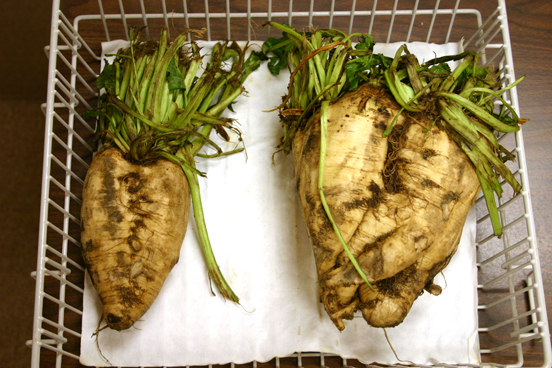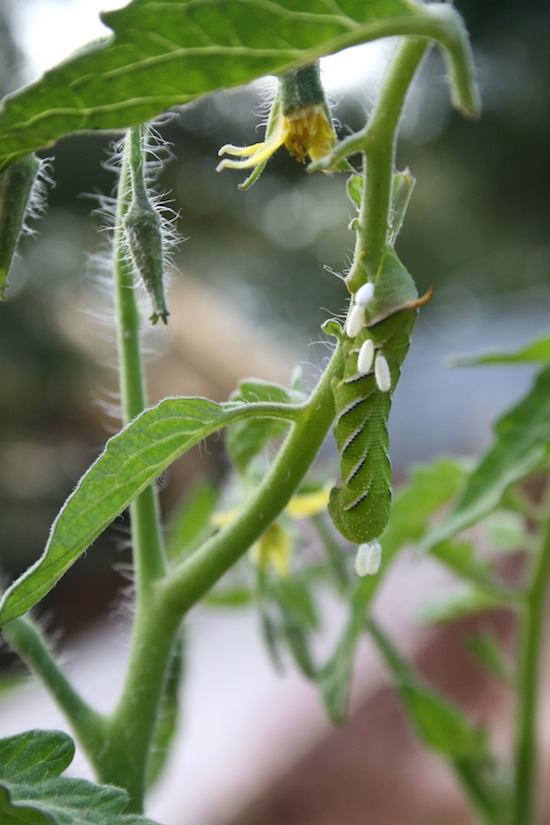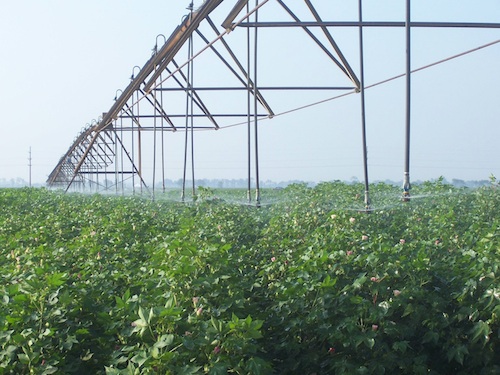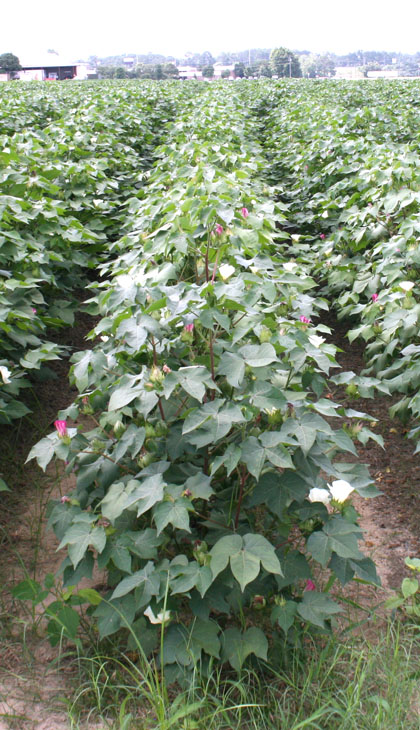 CAES News
CAES News
Georgia's under the spotlight at this year's Sunbelt Expo
Georgia will definitely be on the minds of the estimated 90,000 people that will flock to this year’s Sunbelt Ag Expo in October.




